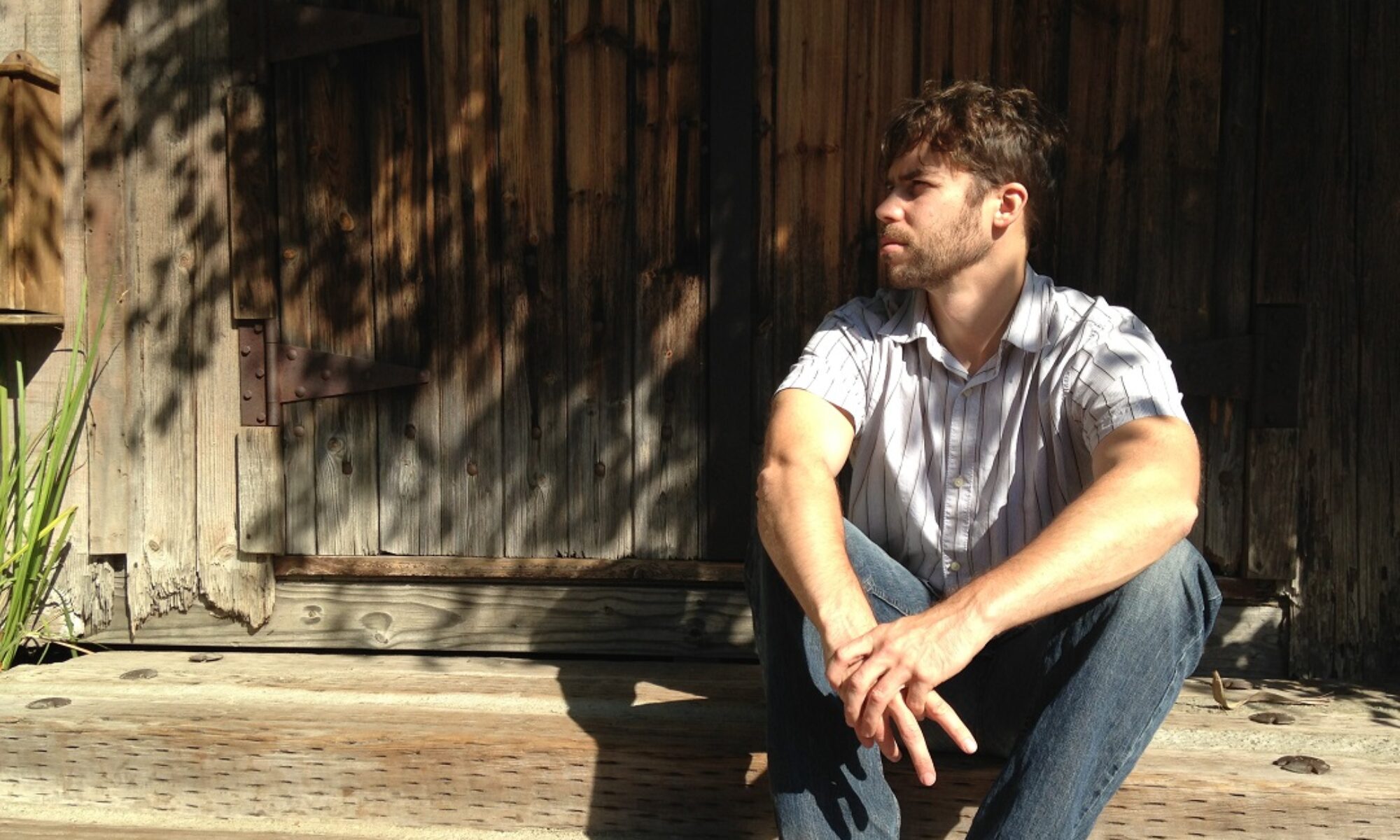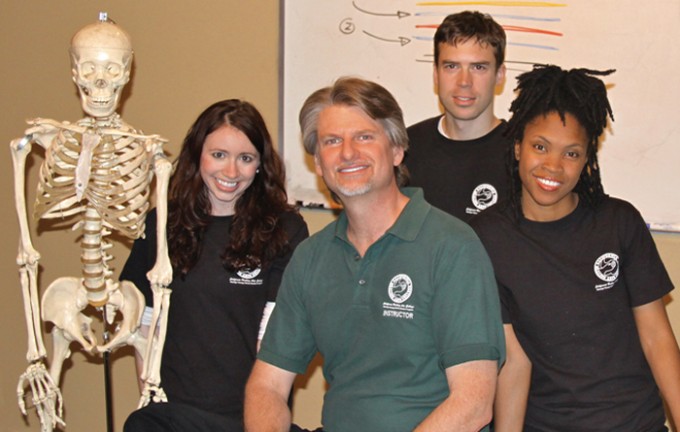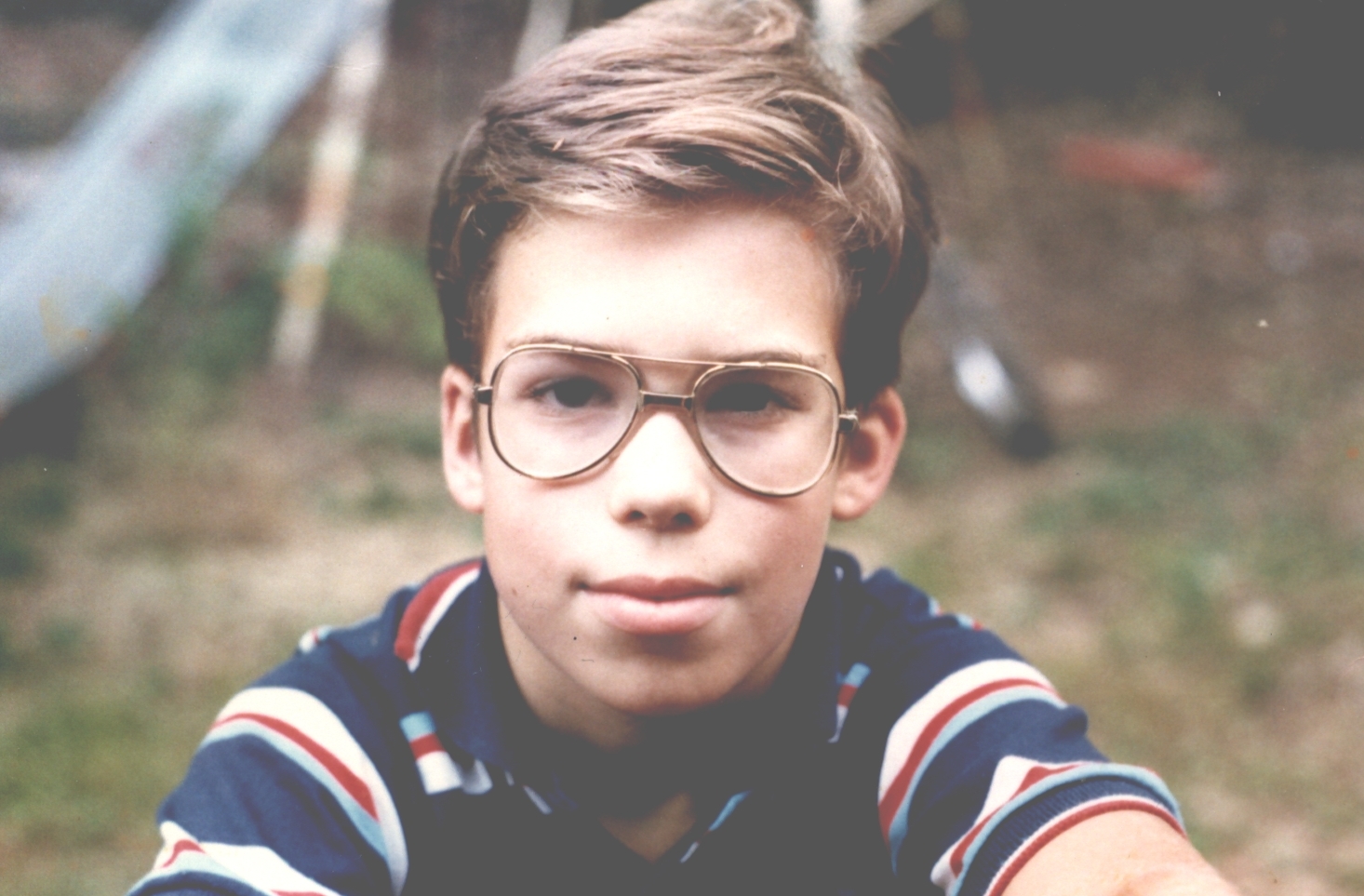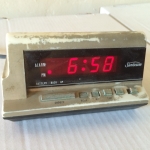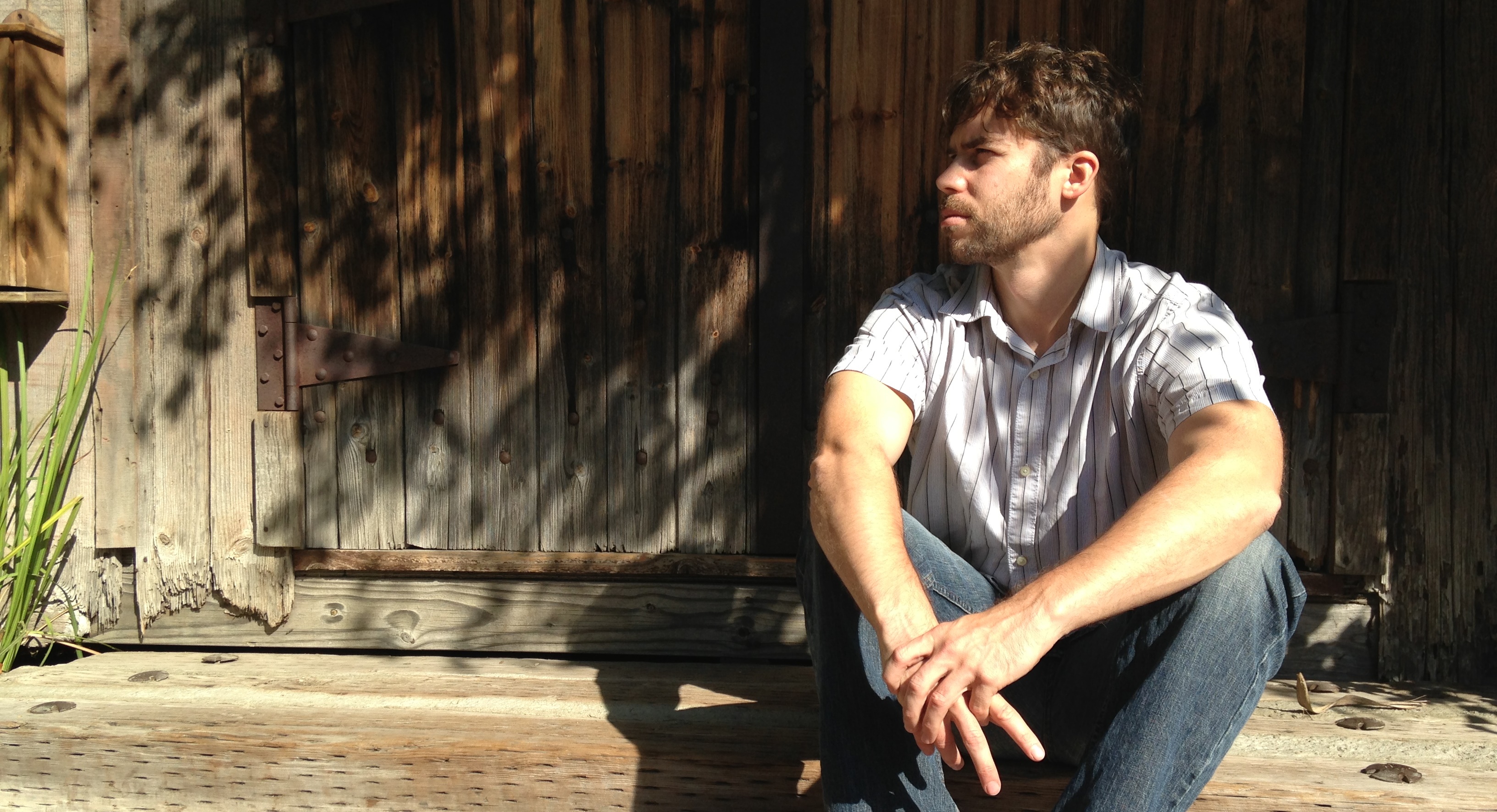I’ve had few more spiritual experiences than working in live theatre. I say this after 25 years in Christian schools and 39 in church.
My extremely conservative high school had been big on fine arts. A stage opened the door to singing something fun for a change, not to mention dancing. They never said it out loud, but we all got to live up there; the door from offstage might as well have been taken from a closet. I had some memorable experiences with my high school’s touring drama and chorale teams, both good and unfortunate (the older I get, the finer that line gets).
After high school, I dabbled in college, but by then theatre was Serious Business, and I was already spread too thin to invade yet another department.
After law school, I looked for opportunities in Los Angeles for years and found little within commuting range. I went to an improv class in Hollywood for a few months, even though I could barely cover cereal and rent with what NBC was paying me at the time. The teacher would remind us each class to say the first thing that came to mind: nothing was too dumb. Unless you were Tom. In his defense, what would come first to my mind was often a Bible verse or a bar study mnemonic or a New Hampshire expression, not things my classmates tended to recognize. After a few months, I drew the teacher’s wrath one too many times and decided to move on.
Then I started dating a girl who did theatre night and day. As it turns out, the next county from Los Angeles was community theatre nirvana. Gold mine! My fate was sealed.
Some of the cast and crew in the county would roam freely among the local theaters as their favorite productions came and went, but I had fallen in with a different crowd, one that had (often literally) grown up on the bowed, shadowy floors of our particular theater — my girlfriend spent time onstage in utero — and so there I stayed for my two-year career in community theatre.
The theater was a deceptively vast structure, every surface worn concave by decades of sweaty hands and amateur hammers. The walls were covered with hieroglyphics: the signatures of the casts of a hundred shows, crawling impossibly up the enormous walls and disappearing into the inverted forest of chairs and equipment that dangled silent and dusty from the distant ceiling.
I think the autographs were my first clue that I had stumbled onto holy ground. I’ve always had a thing for other people’s yearbooks: a sense of crushing nostalgia for lives that I’d never have a chance to experience. I have drawers of detritus from other lives: a scrunchy I found on a sidewalk; a CD that’d escaped my truck dealer’s attention; a crumpled list of desirable mate traits that fell from a dumpster… My most powerful memory from a week in Oaxaca, Mexico — crammed with food and art and petrified waterfalls — was actually a random alley with a rusty circular staircase and a wind chime and a basket of laundry, which I’ve preserved in a video I replay often. All my sacred shinies, moments of insight into someone’s life.
The theater was a syringe filled with pure, uncut moments like these. Every square inch was sticky with lost memories and expended passion: racks of costumes ragged from year after year of modifications; stacks of recovered boards with screw holes from a dozen sets; a hulking piano that had lived longer and seen more than most of the actors.
If I contributed any moments of my own to that building, they came during Singin’ in the Rain.
To be continued.
